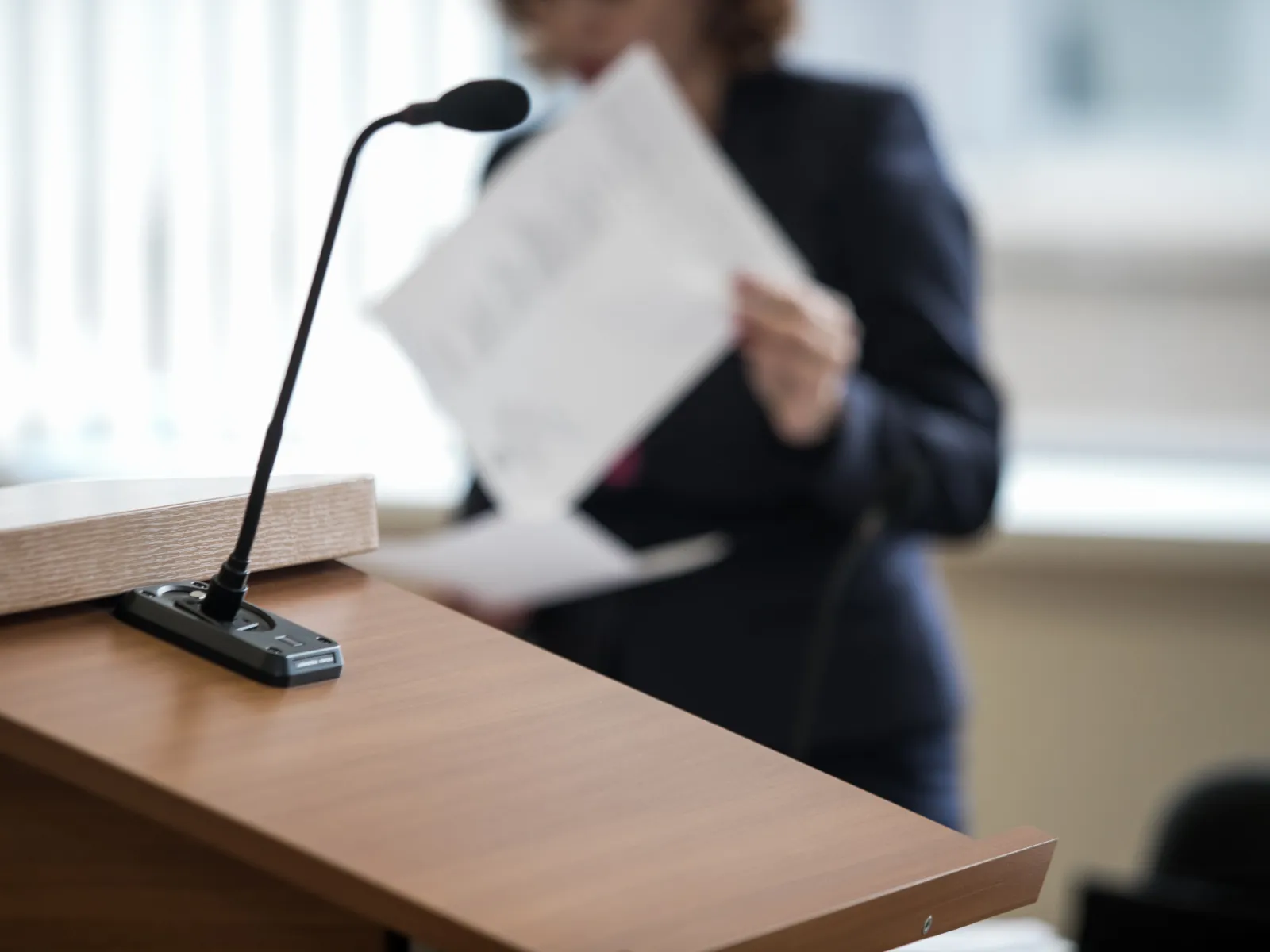
Georgia Wrongful Death Claims
A wrongful death claim arises when someone dies due to the wrongful acts of another. These claims can originate from varied factual circumstances such as deaths due to motor vehicle collisions, medical malpractice, defective products and shootings.

Survivors of the Decedent
Georgia law permits the survivors of the decedent, as designated in the wrongful death statute, to assert statutory claims for damages against the wrongdoer. The estate of the decedent has a separate claim for last medical, funeral and burial expenses, as well as any conscious pain and suffering experienced by the decedent prior to death. The decedent's pain and suffering, with possible awareness of impending death, can be highly compensated by a jury even though the time interval when that occurred was relatively brief.
Full Value of Life
Georgia's wrongful death statute permits the survivors to recover for the "full value of the life of the decedent." Unlike most states, Georgia law indicates that the full value of life is considered from the standpoint of what the decedent lost, not from the standpoint of what the survivors lost. Full value consists of two elements: the economic element which is the monetary value that the decedent would have earned during his or her remaining lifetime, and the intangible element which is incapable of exact proof. The life expectancy of the decedent had the wrongful death not occurred is a factor to be considered. The economic element includes the expected future earnings of the decedent had he or she lived, without deduction for necessary expenses of living, discounted to present value. Expert economists are sometimes hired to perform calculations and provide testimony about the economic element.

Proof of Intangible Value of Life
Attorneys can be creative in presenting evidence to show the intangible value of the decedent's life. The legal standard for proof of intangible value includes the decedent's loss of society and companionship with family and friends, as well as the community at large. Relevant evidence might include testimony from family and friends about the personal characteristics of the decedent, accomplishments of the decedent, activities that the decedent enjoyed, persons with whom the decedent had relationships, how the decedent impacted others and aspirations and goals that the decedent had.
Please contact us if you have additional questions.
